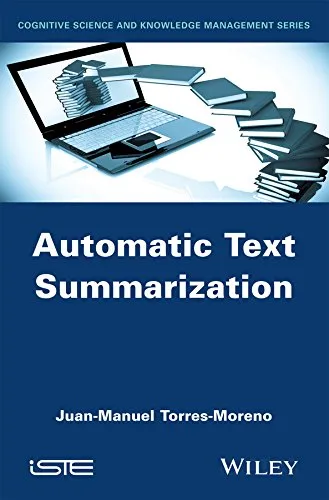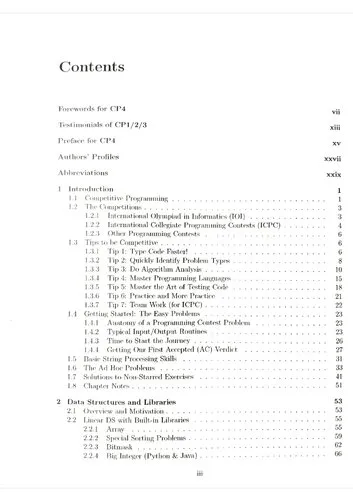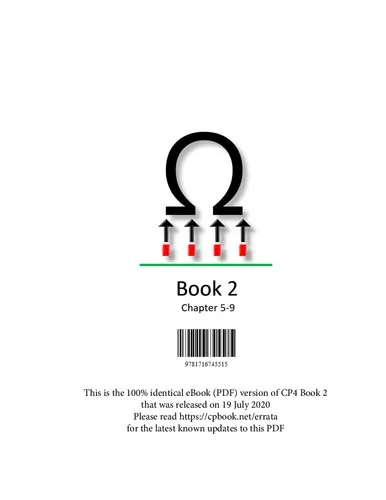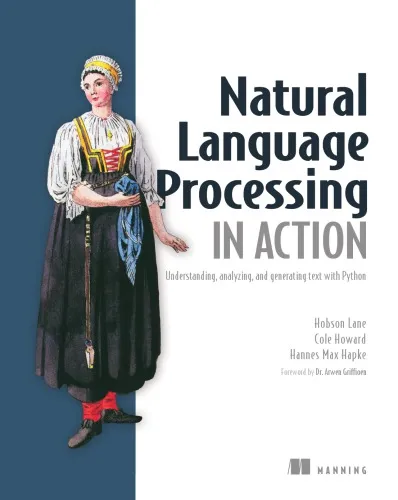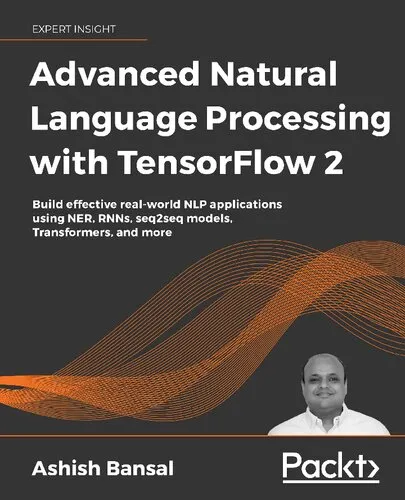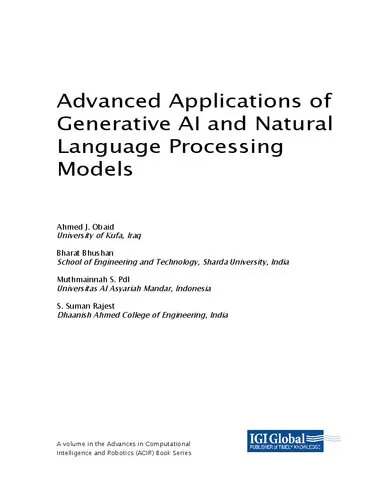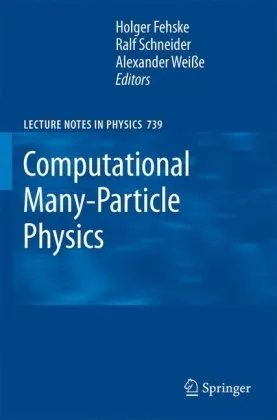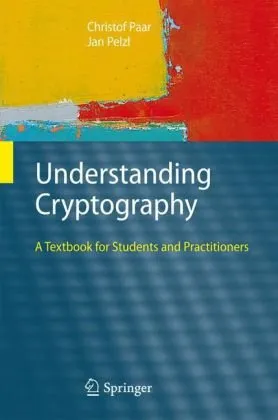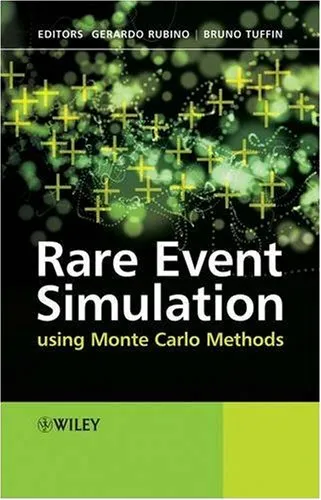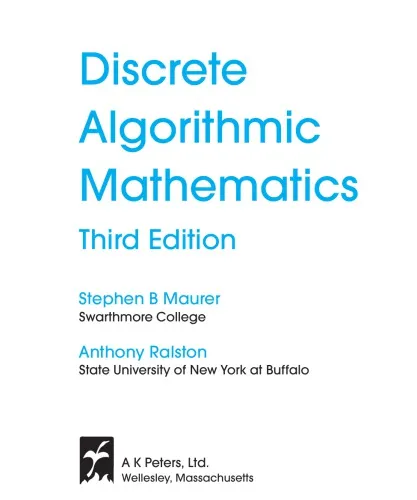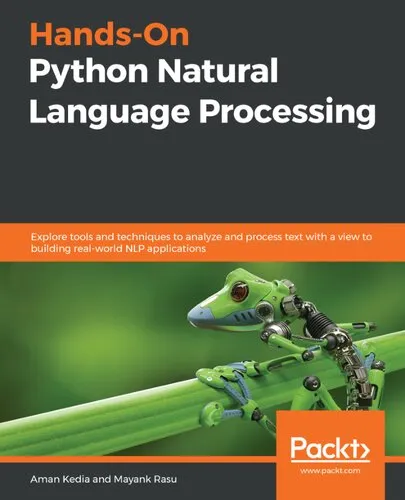Automatic Text Summarization
4.0
Reviews from our users

You Can Ask your questions from this book's AI after Login
Each download or ask from book AI costs 2 points. To earn more free points, please visit the Points Guide Page and complete some valuable actions.Related Refrences:
Introduction to Automatic Text Summarization
In an age where information flows at an unprecedented pace, the ability to distill meaning from vast amounts of text has become not just a skill but a necessity. Automatic Text Summarization stands as a comprehensive guide for readers seeking to understand the art and science of condensing textual data through automation. This book serves both as a theoretical foundation and a practical manual for researchers, developers, and professionals who want to explore the rapidly evolving domain of automated text summarization.
Detailed Summary of the Book
The book begins by introducing the essence of summarization, examining why it is essential in today’s data-driven world. From manual methods of summarizing to the advent of automated techniques, the narrative lays a clear historical context. It then delves into two primary types of summarization: extractive and abstractive. Extractive summarization involves selecting key phrases and sentences from the original text, while abstractive summarization seeks to create entirely new summaries using advanced natural language generation techniques.
As the book progresses, readers are introduced to linguistic fundamentals such as syntax, semantics, and discourse structure that underpin summarization models. The role of machine learning and statistical methods is deeply explored, with special attention given to neural networks and modern deep learning-based approaches. Notable algorithms, including sequence-to-sequence models, attention mechanisms, and transformers like BERT and GPT, are explained with clarity and relevance to summarization tasks.
Beyond algorithms and models, Automatic Text Summarization also addresses the evaluation of summarization systems. The book covers quantitative metrics such as ROUGE (Recall-Oriented Understudy for Gisting Evaluation) while critically discussing their limitations. It emphasizes the need for human evaluation to gauge coherence, informativeness, and fluency. Additionally, the book does not shy away from exploring real-world applications, such as summarizing legal documents, medical records, customer feedback, and academic publications.
Each chapter is bolstered by practical examples, Python-based implementations, and code snippets to ensure that concepts are not merely theoretical but actionable. Whether the goal is designing academic research systems or deploying production-grade summarization tools, this book provides actionable insights, making it a must-read for anyone in the field.
Key Takeaways
- Understanding the crucial differences between extractive and abstractive summarization techniques.
- An in-depth exploration of technical models, including neural networks, attention mechanisms, and transformers.
- Step-by-step guidance on implementing basic and advanced summarization algorithms using Python and popular libraries like PyTorch and TensorFlow.
- The significance and challenges of evaluating summarization systems using both automated metrics (e.g., ROUGE) and human judgment.
- Insight into the ethical aspects of text summarization, such as addressing bias and ensuring summarization systems are equitable and transparent.
- Real-life case studies and examples to demonstrate the diverse applications of summarization technology in business, academia, and healthcare.
Famous Quotes from the Book
"Text summarization is not merely about reducing length; it's about preserving meaning, context, and nuance in a world driven by brevity."
"The value of information lies in its accessibility. Summarization transforms vast oceans of data into navigable streams of knowledge."
"Automation in summarization doesn't replace human intellect—it enhances our capacity to focus on what truly matters."
Why This Book Matters
In the current era of information overload, the ability to consume information efficiently has never been more critical. Academic researchers crunched for time, businesses dealing with extensive reports, and individuals seeking conciseness in their daily reading are all beneficiaries of advancements in text summarization. However, as promising as the field is, it remains complex and fast-changing, demanding a strategic understanding of underlying technologies and their implications.
This book bridges the gap between cutting-edge research and practical implementation. By meticulously unpacking core concepts and providing a roadmap for building effective summarization systems, it equips readers with the tools and knowledge to thrive in any professional or academic setting. Furthermore, the ethical dilemmas and challenges associated with AI-driven summarization are thoughtfully debated, ensuring a holistic understanding of the subject.
Finally, Automatic Text Summarization is more than a technical handbook; it is a testament to the potential of artificial intelligence to reshape how we engage with the written word. Whether you are a scholar, developer, or decision-maker, this book promises to inspire, challenge, and equip you with the skills to navigate this fascinating field.
Free Direct Download
You Can Download this book after Login
Accessing books through legal platforms and public libraries not only supports the rights of authors and publishers but also contributes to the sustainability of reading culture. Before downloading, please take a moment to consider these options.
Find this book on other platforms:
WorldCat helps you find books in libraries worldwide.
See ratings, reviews, and discussions on Goodreads.
Find and buy rare or used books on AbeBooks.
1330
بازدید4.0
امتیاز0
نظر98%
رضایتReviews:
4.0
Based on 0 users review
Questions & Answers
Ask questions about this book or help others by answering
No questions yet. Be the first to ask!
